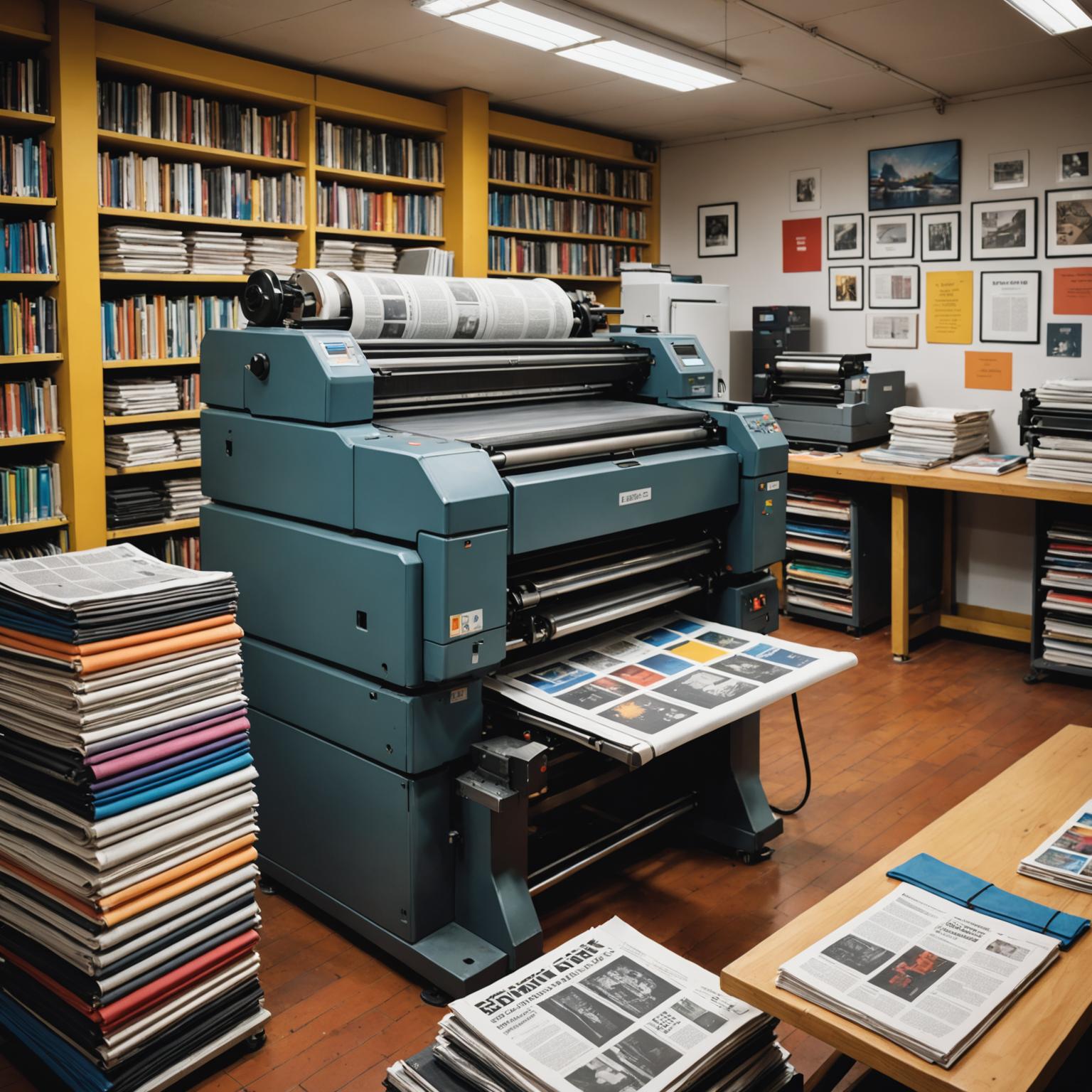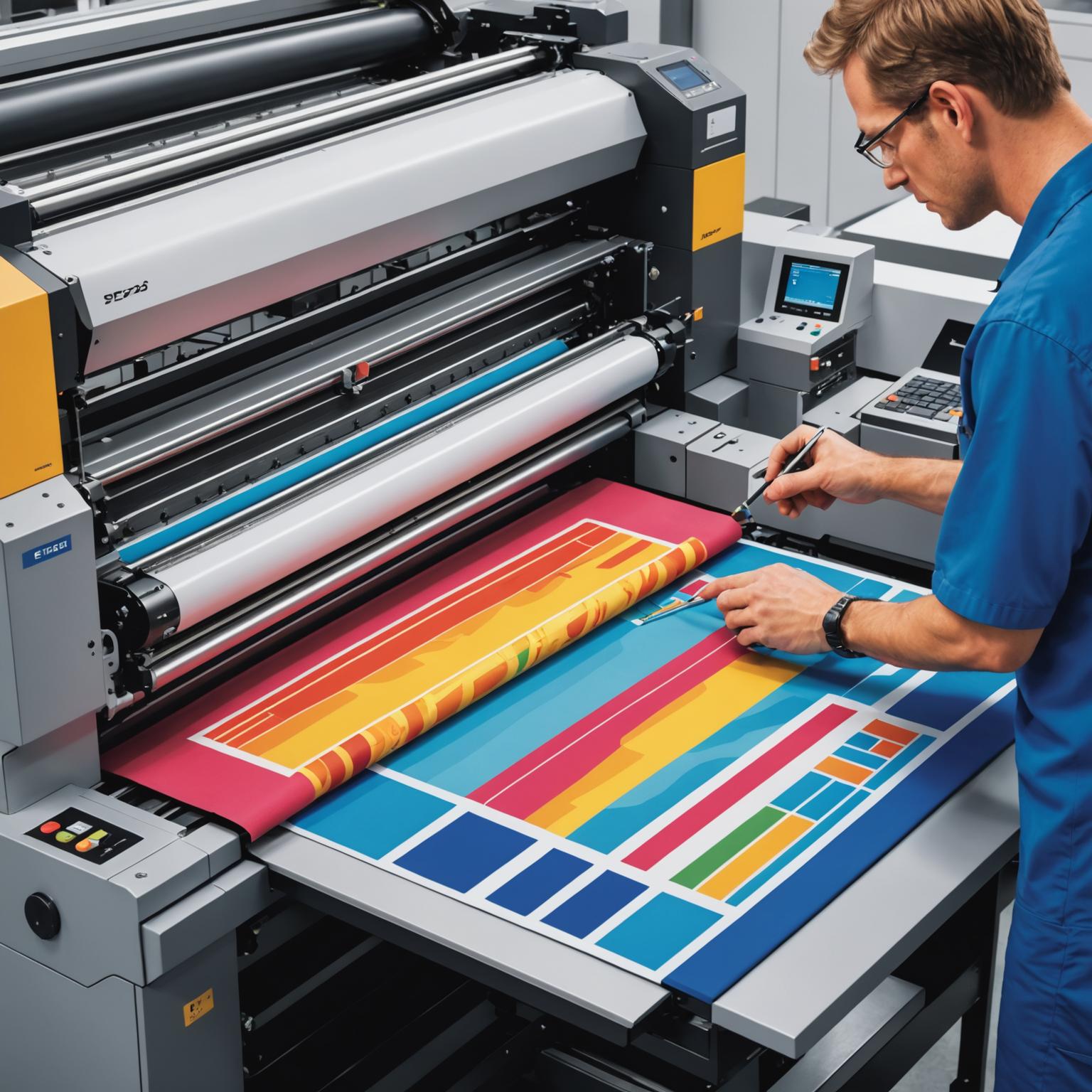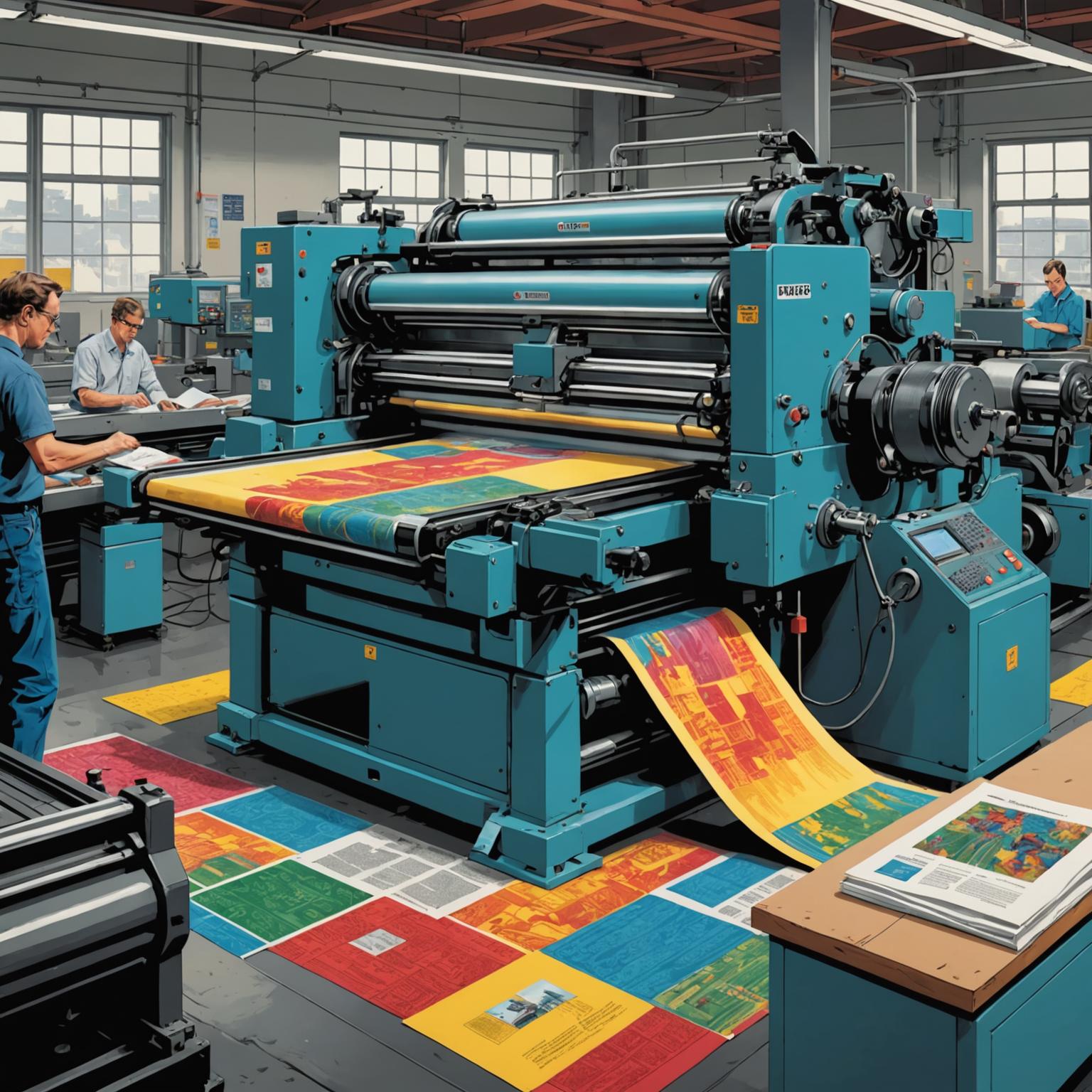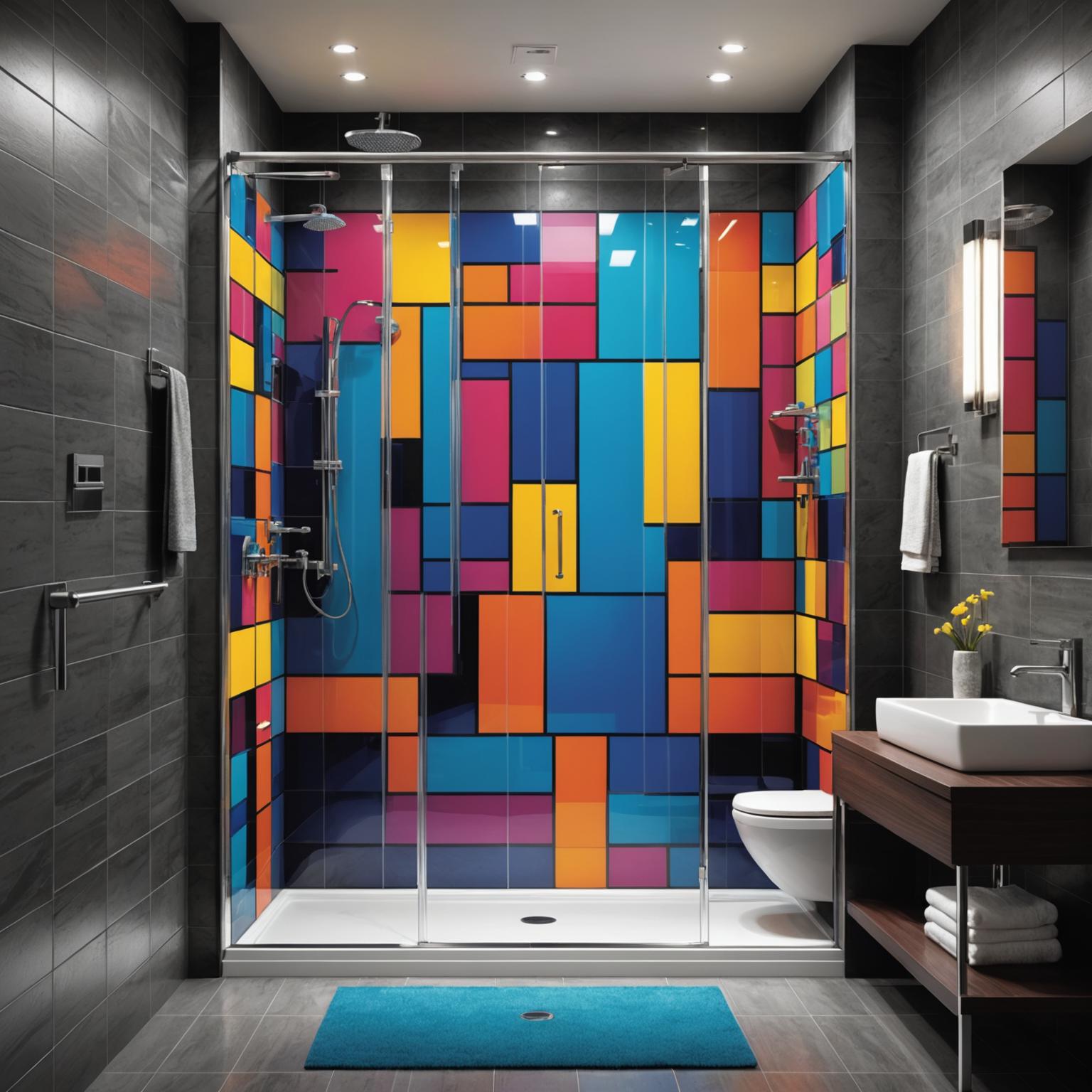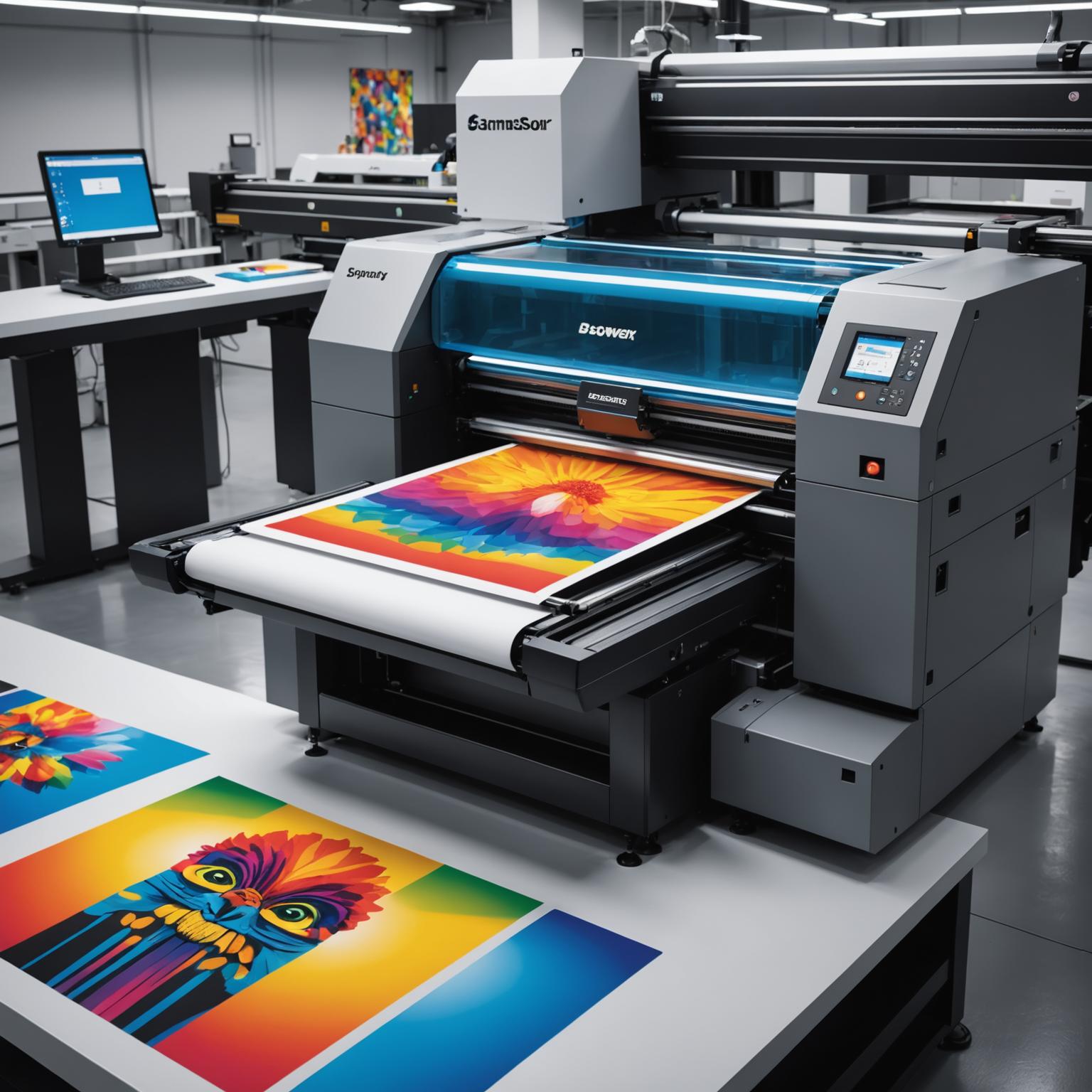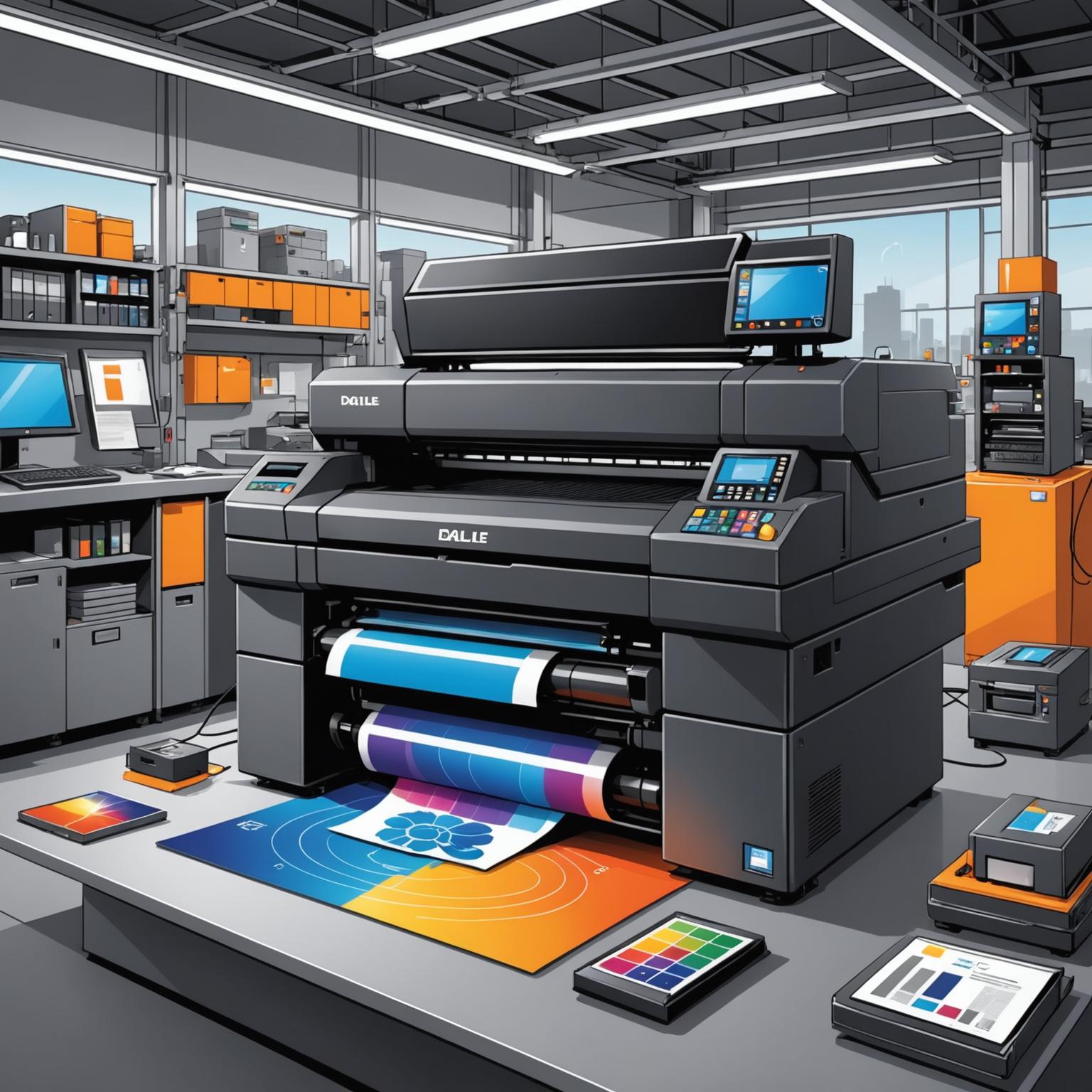In the intricate and fast-paced world of commercial printing, certain components work silently in the background, playing a pivotal role in the final quality of the printed page. The rubber blanket is one such essential element, a true cornerstone of the offset printing process. It acts as the critical intermediary, the surface that transfers a delicate image from a metal plate to the final paper substrate with incredible precision. Without this specialized sheet, the vibrant, crisp images we see in magazines, brochures, and books would be impossible to achieve on a mass scale.
The Unsung Hero of Offset Printing
At its core, the function of the blanket in offset printing is deceptively simple: it picks up the inked image from the printing plate and 'offsets' it onto the paper. However, the science behind this transfer is what makes it so remarkable. The process relies on the principle that oil and water do not mix. The printing plate is prepared so that the image area holds ink and the non-image area repels it. The blanket, with its specially formulated surface, lifts this inked image perfectly. It then presses against the paper with uniform pressure, transferring the image completely. This indirect method protects the more delicate printing plate from the abrasive nature of paper, significantly extending the plate's life and ensuring consistent quality over long print runs.
More Than Just Rubber: The Industrial Rubber Blanket
The term 'rubber blanket' might evoke an image of a simple rubber sheet, but an industrial rubber blanket is a highly engineered, multi-layered marvel. Its construction is designed for durability, stability, and exceptional performance under the immense pressures and speeds of a modern printing press. Typically, it consists of a fabric carcass, often made of multiple plies of treated cotton, which provides dimensional stability and prevents stretching. On top of this is a compressible layer, a microscopic cellular structure that absorbs shock and compensates for variations in paper thickness, ensuring even contact. The final, top layer is the printing surface itself—a smooth, meticulously polished rubber compound designed for perfect ink transfer and easy cleaning. This complex construction defines the modern industrial rubber blanket.
Choosing the Right Blanket for Flawless Results
Selecting the correct blanket is crucial for achieving specific printing outcomes. Different jobs require different blanket characteristics. Some blankets have an exceptionally smooth surface for printing fine lines and sharp dots on coated paper, while others might have a slight texture to handle heavier ink coverage on uncoated stocks. The compressibility, or 'smash resistance,' is another key factor, determining how well the blanket withstands the repeated pressure cycles without losing its form. A high-quality industrial rubber blanket also boasts superior chemical resistance to withstand the various inks and cleaning solvents used daily. Investing in the right rubber blanket is not just about a single print job; it's about ensuring consistency, reducing press downtime, and ultimately producing the highest quality work that leaves a lasting, positive impression.


